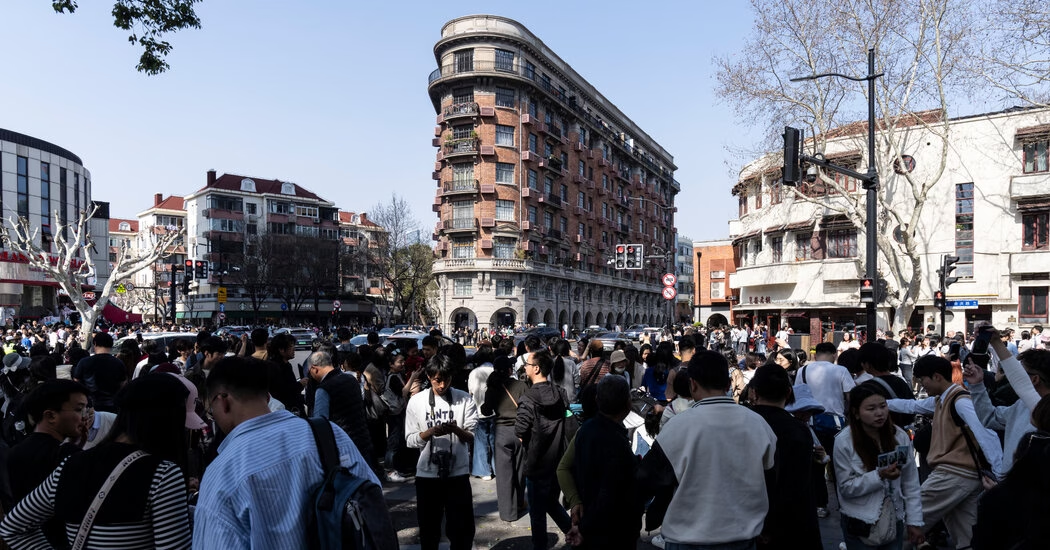China has cautioned its citizens against traveling to the United States due to trade tensions and has urged its students to exercise care when studying there. China also accused two American universities of hacking and plans to reduce the number of Hollywood films that can be screened in China. This trade war is damaging more than just economic ties, affecting cultural and educational exchanges and highlighting the fragile relationship between the United States and China.
The United States, in response, has revoked some student and scholar visas as part of broader restrictions on international students. Some conservatives have suggested linking these visa revocations to China’s tariffs. For decades, the exchange of students, travelers, artists, and businesspeople served as a stabilizing force in ties between the countries. However, as relations have deteriorated in recent years, both countries have started to use these exchanges as bargaining chips.
More recently, when China’s President Xi met with U.S. President Biden, they pledged to restore some of these exchanges to strengthen ties. Economics and politics are deeply intertwined in these exchanges. China’s allowing of more foreign movies in China is seen as a way to boost the box office, and Chinese students contribute significantly to the American economy. Both sides have touted the ties as valuable, but these declarations are now fading.
In retaliation for U.S. tariffs, China has announced its own levies and controls, and is importing fewer Hollywood movies. China expects the economic coldness to affect attitudes toward the United States, with a warning against American films and travel to the United States. Some Chinese students are now considering canceling trips over the May Day holiday, fearing being turned away at the border and general anti-China sentiment.
This issue serves as a warning shot from the Chinese government, signaling to Washington that Beijing could take further steps. However, there are legitimate reasons for Chinese students to worry about studying in the United States amidst accusations of espionage. The United States has also been demanding information on the finances and research of Chinese students at American universities.
Study abroad consultant Wang Li has been overwhelmed with messages from students and parents panicked by the new tensions. She advises students to apply to Australian or European universities as backup. The tensions have scared off even enthusiastic students, with many feeling forced to look elsewhere for education.
Source: https://www.nytimes.com/2025/04/16/world/asia/china-trump-tariffs-students.html


